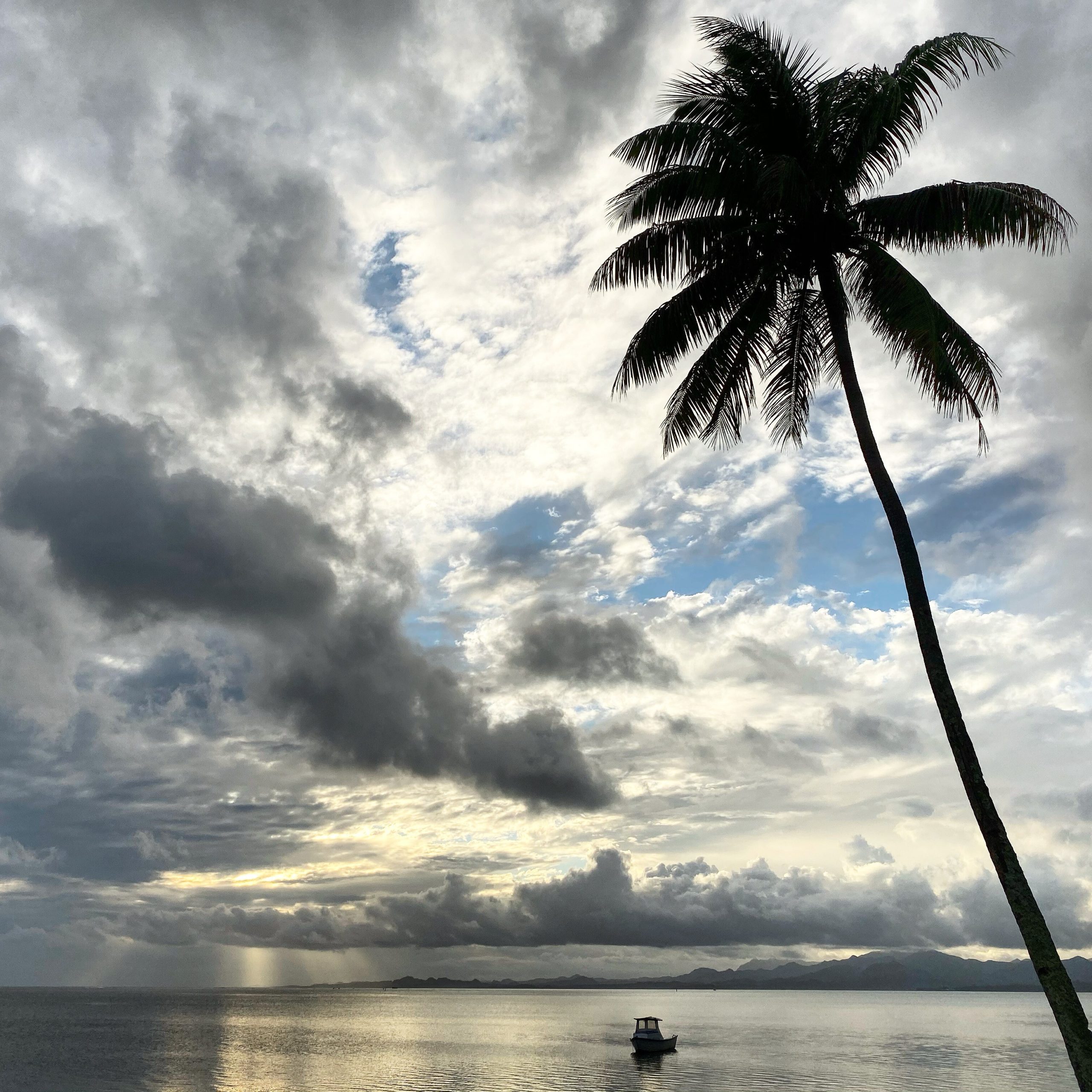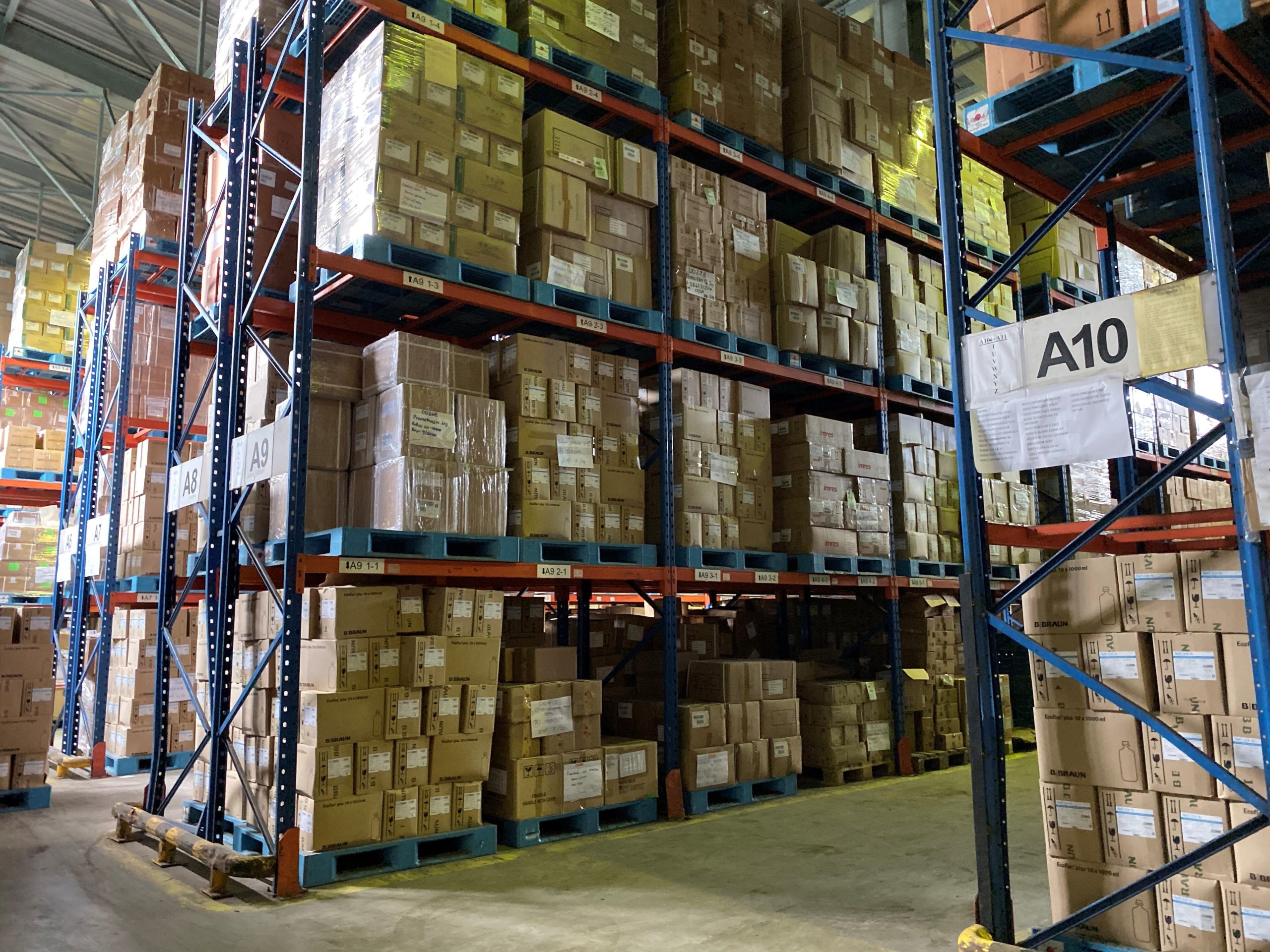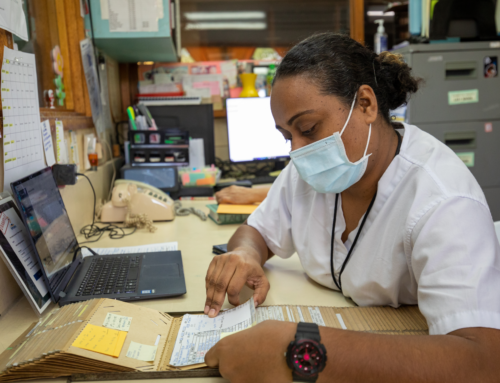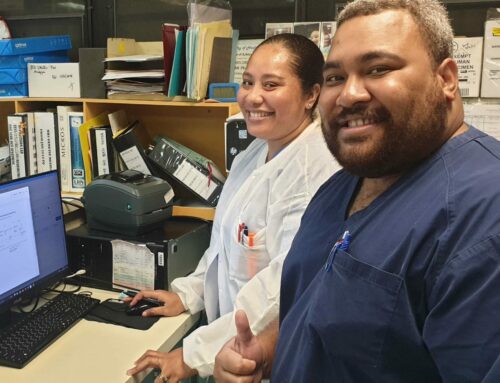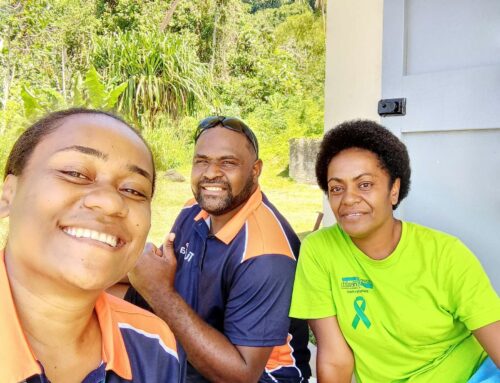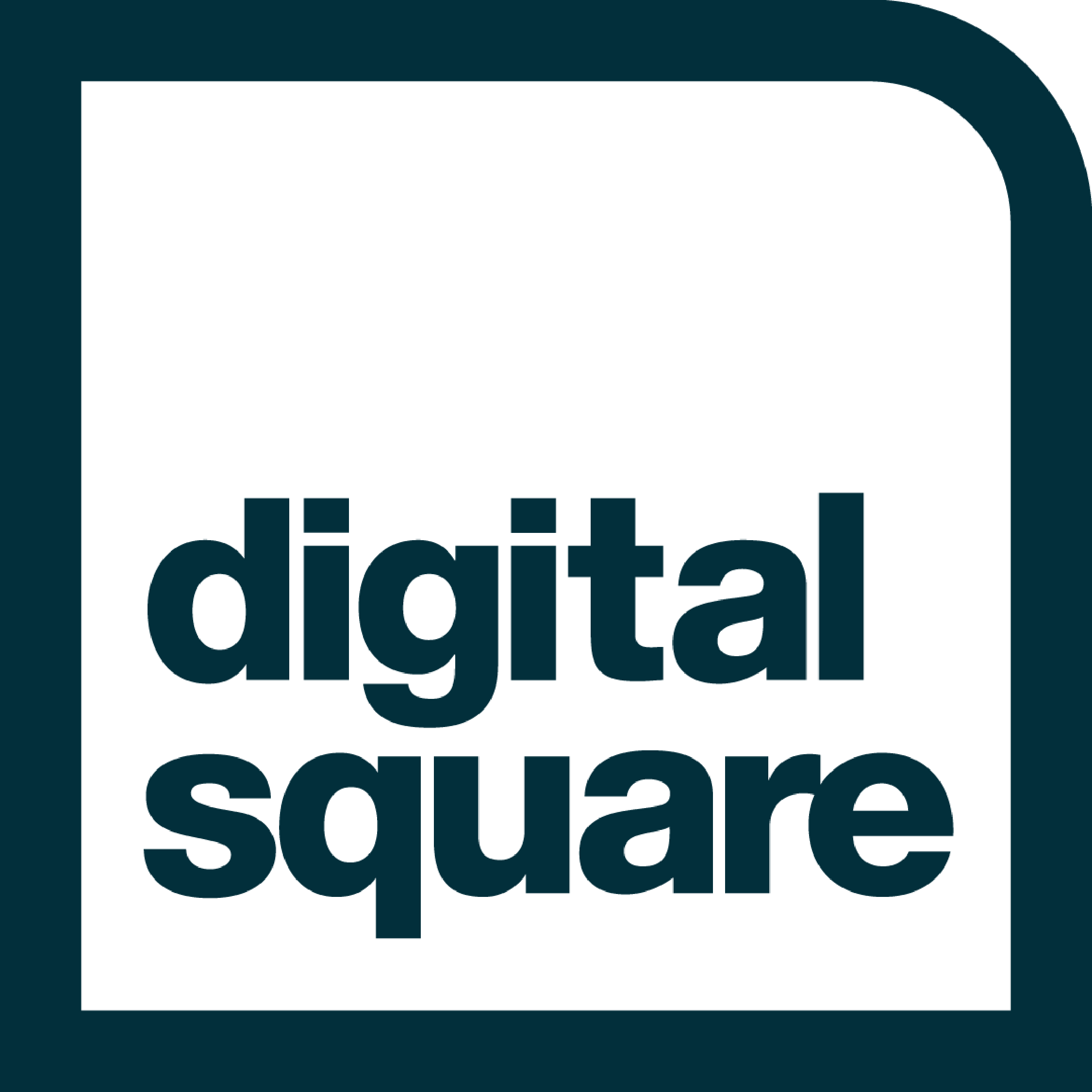At BES, we are passionate about improving health supply chains across the Pacific Islands. This is why we are so excited to bring our expertise to Fiji, where we will be working with local counterparts over the next 15 months to improve access to essential medical supplies. As announced earlier this week, we will be partnering with the Fiji Ministry of Health and Medical Services (MHMS), the Australian Department of Foreign Affairs and Trade (DFAT) and the Coffey Fiji Program Support Facility to enact real change with our people-first, evidence-based approach.
We have three main aims for this project:
- Improve the availability of medicines at the primary healthcare level
- Lower medicine costs nationwide
- Achieve more equitable access to medicine for all citizens
Ensuring the Right Medicines of the Right Quality and at the Right Price are available at the Right Time, in the Right Place in the Right Quantities.
That’s a lot of separate pieces to get right! This is why we started by evaluating how those pieces look in the current Fijian Health Supply Chain. We have already completed an extensive health supply chain review on the ground, which involved:
- > 30 meetings held with senior internal and external stakeholders
- 230 documents and template forms reviewed
- 7 facilities visited
- 3 consultative presentations with the MHMS Executive
What we found was that while there are some definite strengths in the current system, there are several issues that can be addressed. These include strengthening the data informing supply so that the stock issued to medical facilities better meets their actual demand. We also want to streamline and digitize the procurement process and improve workflows in the main warehouse.
The strengthening work will include, implementing two key digital platforms. The first is mSupply. It is a proven, effective, scalable Electronic Logistics Management System (eLMIS), which we will use to improve the supply chain management of essential medicines. It will be integrated with the second digital platform, our own Tupaia, which will be used to map the national health system and provide an accessible, intuitive visualisation of commodities across all facilities in near-real time. Tupaia will additionally support disaster response, cold chain management, and quality use of medicine interventions. We are confident that with this targeted approach and combination of digital systems, we can help to significantly improve access to essential health supplies across Fiji.
Most importantly, our partners at the MHMS and Fiji Pharmaceutical and Biomedical Services (FPBS) are as excited as we are about getting started and have committed the resources required to action change. Our role, above all, is simply to support them as best we can.
For the duration of this project, our key staff Michael Nunan (Project Executive), Emily Porrello (Delivery Lead) and Dhanya Herath (Software Lead), along with the rest of the BES team and the mSupply Foundation, look forward to working directly alongside stakeholders from MHMS, FPBS and across the Fijian government. We are excited to understand and design systems that deliver real impact.
If you’re interested in learning more about the project, or want to check out some of Tupaia’s features for yourself, log into www.tupaia.org and explore the data.
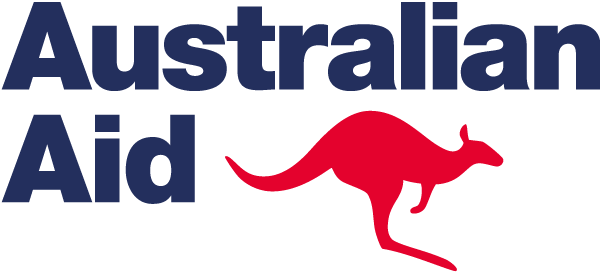
This project is proudly supported by the Australian Government.
